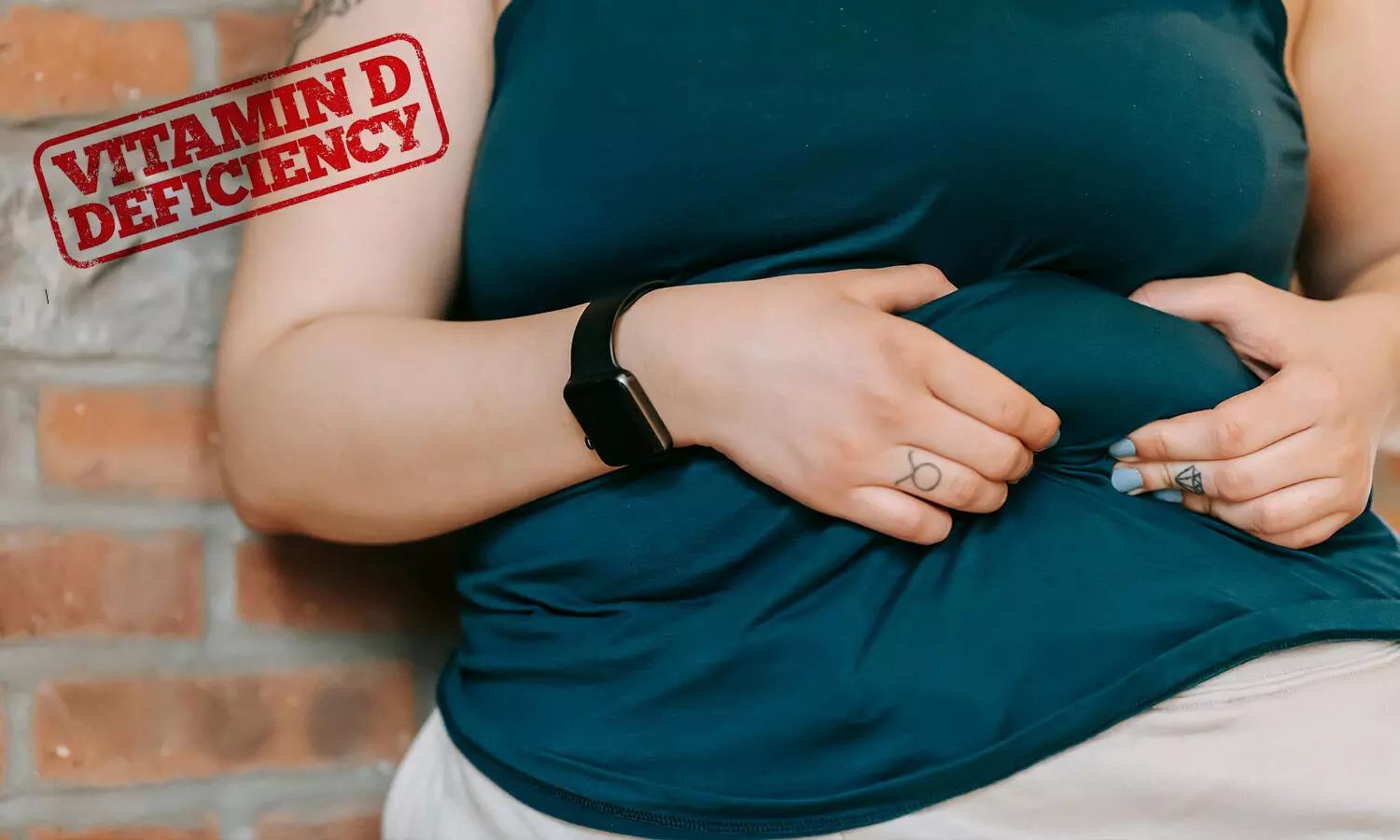Did you know Fat Stores Result in Vitamin D Deficiency?

Vitamin D Deficiency
While sunshine offers vital vitamin D, excess body fat can store it, potentially causing deficiency. Maintaining a healthy weight and incorporating sun exposure, vitamin D-rich foods, and supplements (consult your doctor) can optimize your levels for overall health.
Sunshine is a wonderful source of vitamin D, essential for strong bones, a healthy immune system, and overall well-being. But did you know that the amount of fat in your body can impact your vitamin D levels? Let’s explore the surprising connection between body fat and vitamin D, and how managing your weight can help maintain healthy vitamin D levels.
How Fat Stores Affect Vitamin D
Vitamin D is a fat-soluble vitamin, meaning it gets stored in your body's fat tissue. While this allows for long-term storage, it also means that individuals with higher body fat percentages may have lower circulating levels of vitamin D in their blood. This is because the vitamin gets "trapped" within the fat tissue, making it less available for other parts of the body to utilize.
Managing Vitamin D Levels with Weight Control
Maintaining a healthy weight can positively impact your vitamin D levels. Losing excess fat can release stored vitamin D back into circulation, potentially improving your overall vitamin D status. However, it's important to remember that weight loss alone may not completely address vitamin D deficiency.
Health Risks of Low Vitamin D
Vitamin D deficiency can lead to various health problems, including weak bones (osteoporosis), increased risk of fractures, muscle weakness, and even impaired immune function. It's crucial to maintain healthy vitamin D levels for optimal health.
Tips to Improve Vitamin D
Here are some ways to improve your vitamin D
Sun exposure: Spend moderate time in the sun without getting burned (around 15-20 minutes most days).
Diet: Include foods rich in vitamin D, such as fatty fish, egg yolks, and fortified dairy products.
Supplements: Consider taking vitamin D supplements after consulting your doctor to determine the appropriate dosage.
Vitamin D and Weight-Related Deficiency
It's important to note that the relationship between body fat and vitamin D is complex. While higher fat percentages can contribute to lower vitamin D levels, other factors like sun exposure, diet, and genetics also play a role.
Maintaining a healthy weight and incorporating strategies to boost your vitamin D intake can be beneficial for overall well-being. Remember, consulting your doctor is essential before starting any supplementation or making significant changes to your diet or lifestyle. By taking proactive steps, you can ensure your body has the vitamin D it needs to thrive.








